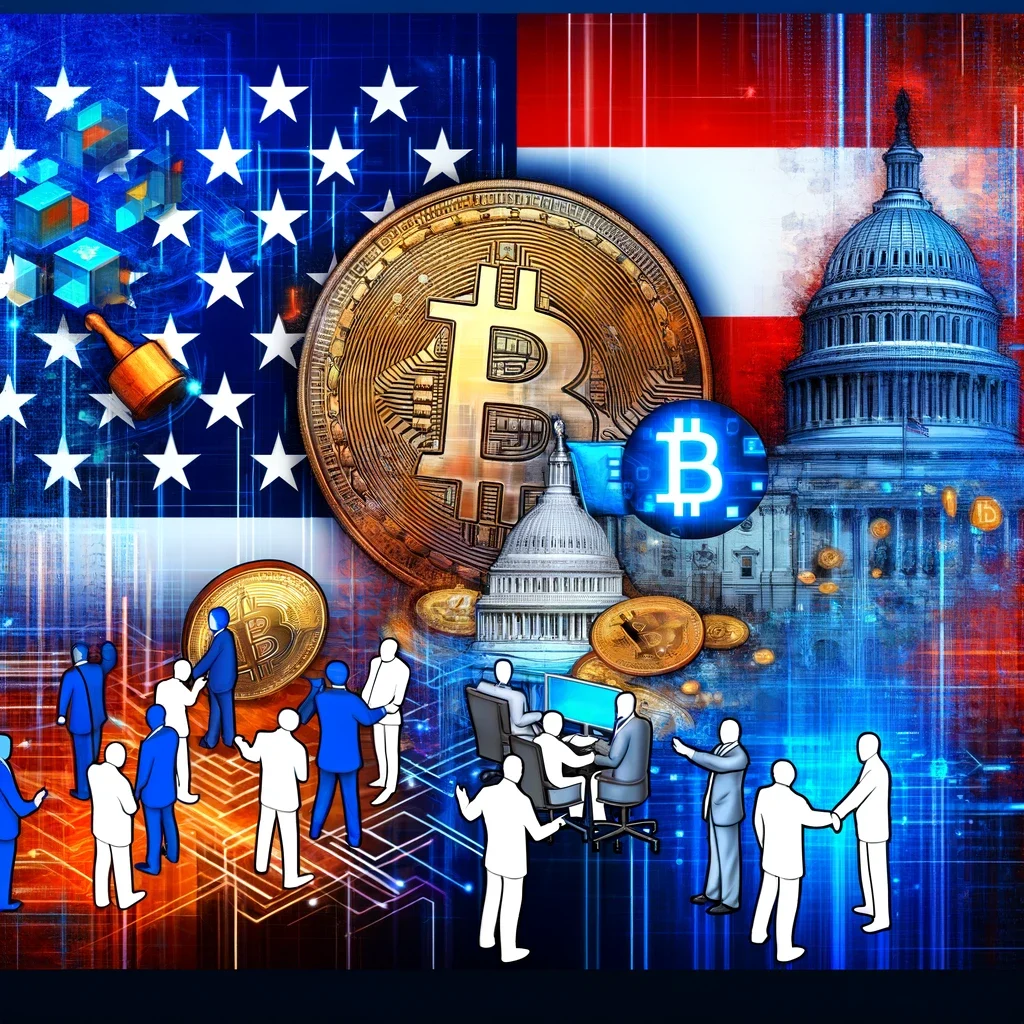In a recent report that has sent ripples through the European Union’s financial sector, Europol, the EU’s law enforcement agency, lauded the security and independence offered by blockchain technology. However, the agency simultaneously raised red flags over the increasing criminal activities within the decentralized finance (DeFi) and non-fungible token (NFT) spaces. The report, titled “European Financial and Economic Crime Threat Assessment,” delved into the complexities of financial crimes affecting the EU, including money laundering, corruption, and fraud.
The dark side of decentralization
DeFi platforms, built on blockchain technology, have been hailed for their promise of greater financial independence and security. Yet, Europol’s report highlighted that the lack of regulation has become a breeding ground for economic crimes.
Criminals have found ways to store illegal assets on these platforms, exploiting the gaps left by the absence of a regulatory framework. The report also pointed out that the illicit use of cryptocurrencies, although still less than one percent of the overall transaction volume, is on the rise.
Similarly, the popularity of NFTs has not escaped the scrutiny of law enforcement agencies. These digital assets, known for their instant trading capabilities, have become a hotbed for money laundering activities, particularly due to their cross-border trading features.
A call for international cooperation
Europol’s report emphasized the urgent need for proactive measures and international cooperation to combat these evolving financial crimes. The agency urged the importance of information sharing and public-private partnerships to tackle these challenges effectively. In a case that underscored the report’s concerns, law enforcement authorities recently dismantled Bitzlato, a crypto platform suspected of laundering funds linked to Russian entities under EU sanctions. The platform had facilitated the rapid conversion of various cryptocurrencies into Russian rubles, involving an estimated EUR 2.1 billion worth of assets, a significant portion of which was linked to criminal activities.
The report comes at a time when the DeFi sector is already under scrutiny. Earlier this year, the U.S. Senate proposed a strict bill aimed at regulating DeFi, which drew criticism from the crypto community. The Blockchain Association, an industry group, slammed the bill, stating that it was incompatible with the sector as it put pressure on DeFi protocols to collect user data.
In conclusion, while blockchain technology offers a plethora of opportunities for financial independence and security, it also presents significant risks. Europol’s report serves as a timely reminder that as the financial landscape evolves, so do the opportunities for criminal activities. The agency’s call for international cooperation and proactive measures highlights the critical need for a balanced approach to ensure the security and stability of the European Union’s financial ecosystem.





